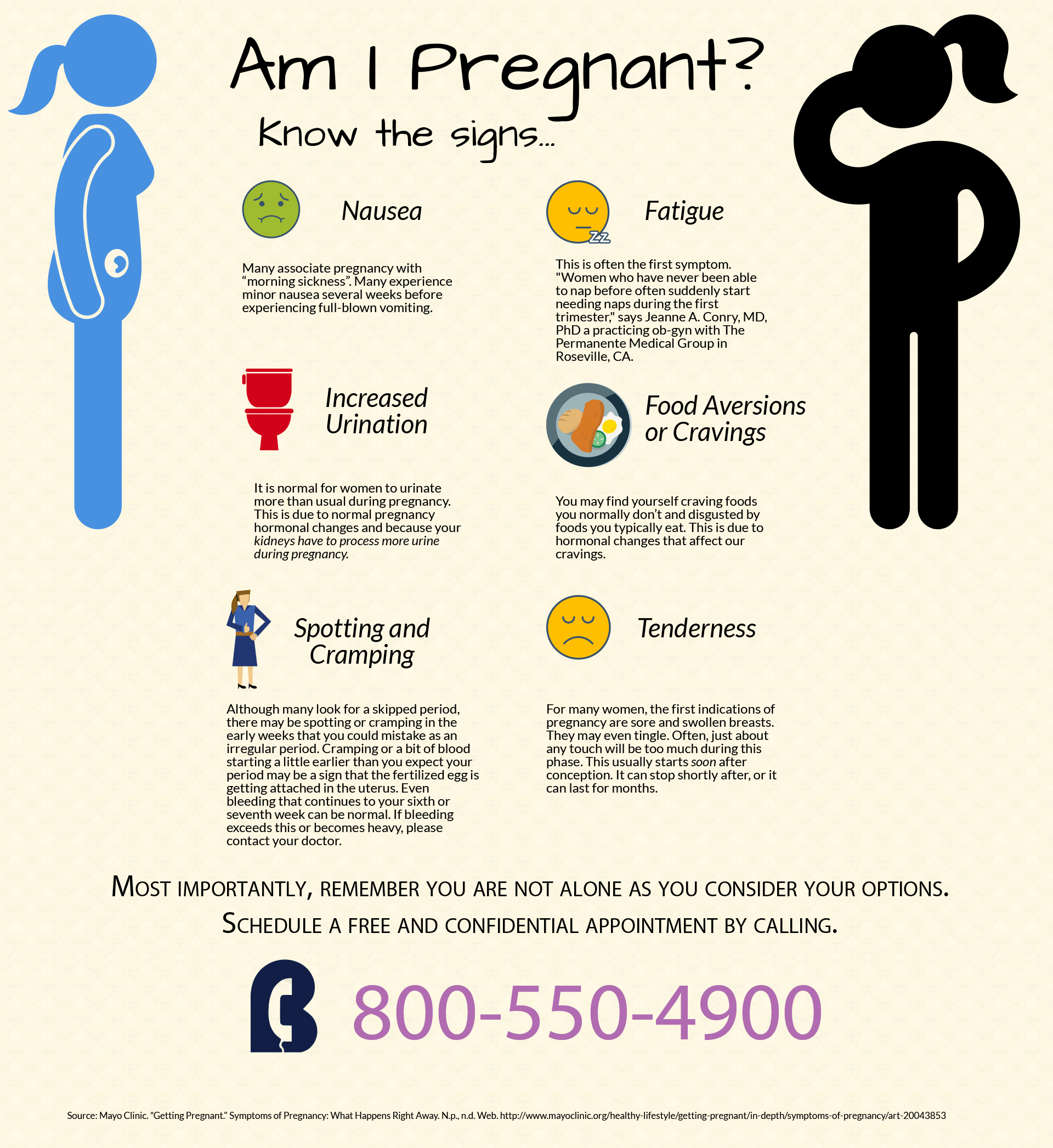
Pregnancy Signs and Symptoms
Pregnancy is a transformative journey that brings about a multitude of physical, emotional, and hormonal changes in a woman’s body. Recognizing the early signs and symptoms of pregnancy can be crucial for timely prenatal care and ensuring a healthy pregnancy.
Early Signs
- Missed period: The most common and reliable sign of pregnancy is a missed period. However, it’s important to note that irregular periods or hormonal imbalances can also lead to missed periods.
- Breast tenderness: Increased sensitivity, swelling, and tingling in the breasts are common early pregnancy symptoms.
- Nausea and vomiting: Also known as morning sickness, nausea and vomiting typically occur in the first trimester.
- Fatigue: Extreme tiredness and a feeling of exhaustion are common during pregnancy.
- Frequent urination: The increased blood flow to the kidneys and uterus can lead to more frequent urination.
- Mood swings: Hormonal fluctuations can cause mood swings, irritability, and emotional sensitivity.
- Metallic taste in mouth: Some women experience a metallic taste in their mouth during pregnancy.
- Food cravings and aversions: Altered taste preferences, such as cravings for certain foods or aversions to previously enjoyed foods, can occur.
Later Signs
- Abdominal bloating: As the uterus expands, it can cause abdominal bloating and pressure.
- Weight gain: Gradual weight gain is expected during pregnancy, typically starting around the second trimester.
- Skin changes: Increased pigmentation, such as a darkening of the nipples and areolas, can occur.
- Varicose veins: Increased blood volume can lead to the development of varicose veins in the legs and vulva.
- Constipation: Hormonal changes can slow down digestion, leading to constipation.
- Hemorrhoids: Increased pressure on the pelvic veins can cause hemorrhoids.
- Back pain: As the uterus grows, it can put pressure on the lower back, causing discomfort.
- Leg cramps: Leg cramps, especially at night, are common during pregnancy.
- Shortness of breath: The growing uterus can press on the diaphragm, making it harder to breathe.
- Fetal movement: Around 18-20 weeks, the mother may start feeling the baby’s movements, known as quickening.
Symptoms Requiring Medical Attention
While most pregnancy symptoms are normal, certain symptoms may require medical attention:
- Severe abdominal pain: This could indicate an ectopic pregnancy or other complications.
- Vaginal bleeding: Any vaginal bleeding during pregnancy should be evaluated by a doctor.
- Fever: A fever can be a sign of infection.
- Persistent vomiting: Severe vomiting can lead to dehydration and electrolyte imbalances.
- Headaches that do not go away: Persistent headaches can be a sign of preeclampsia.
- Swelling in the hands, face, or feet: Excessive swelling can be a sign of preeclampsia.
- Blurred vision or spots before the eyes: These symptoms can indicate high blood pressure.
- Decreased fetal movement: If you notice a significant decrease or absence of fetal movement, seek medical attention immediately.
When to Take a Pregnancy Test
If you suspect you may be pregnant, it’s recommended to take a pregnancy test. Home pregnancy tests are widely available and can provide a reliable result within a few minutes. However, it’s important to note that false negatives can occur, especially if the test is taken too early.
Prenatal Care
Once you have confirmed your pregnancy, it’s essential to schedule an appointment with your healthcare provider for prenatal care. Regular prenatal checkups will monitor your health and the baby’s development, provide necessary vaccinations, and address any concerns or complications.
Conclusion
Pregnancy is a journey filled with both joy and challenges. Recognizing the signs and symptoms of pregnancy can help you make informed decisions and ensure a healthy pregnancy. If you experience any unusual or concerning symptoms, don’t hesitate to seek medical attention. By understanding your body’s changes and seeking appropriate care, you can navigate this transformative experience with confidence and support.